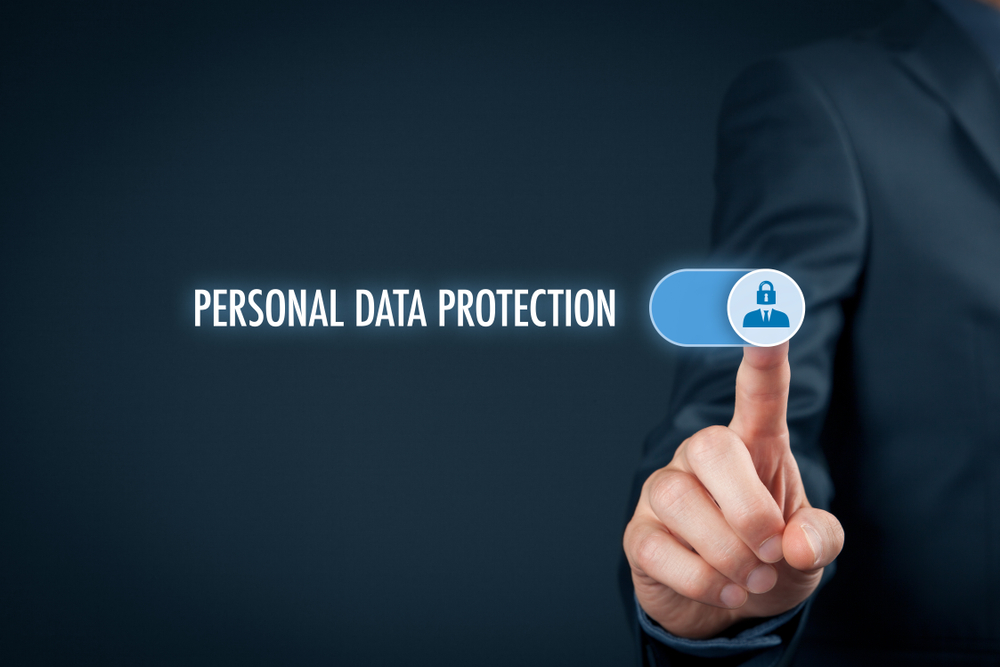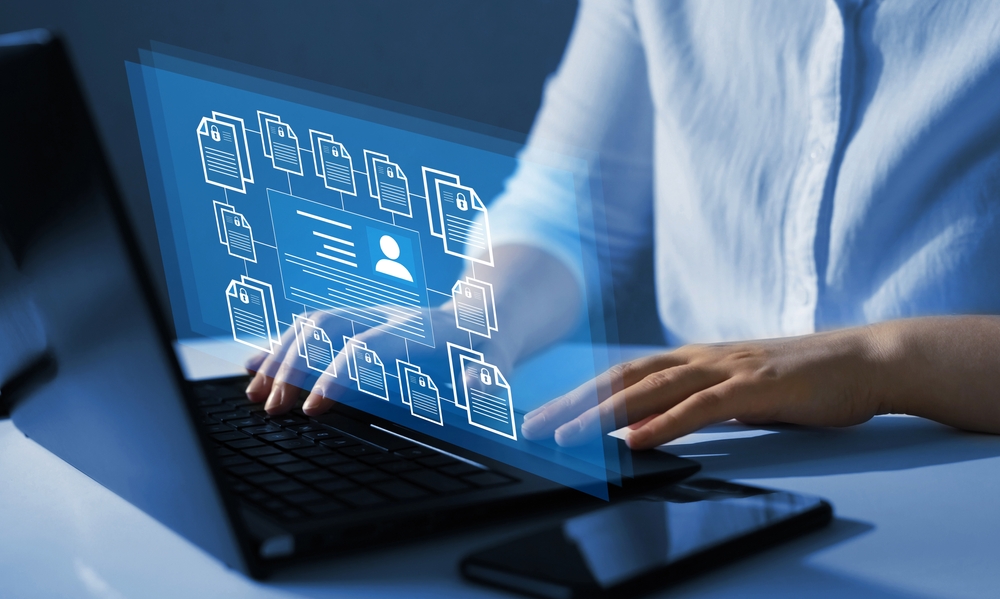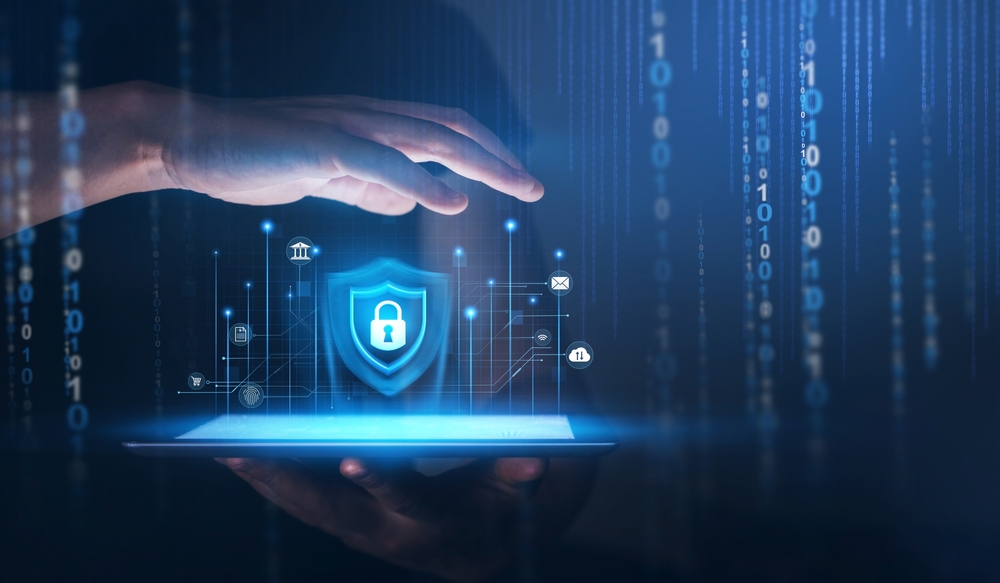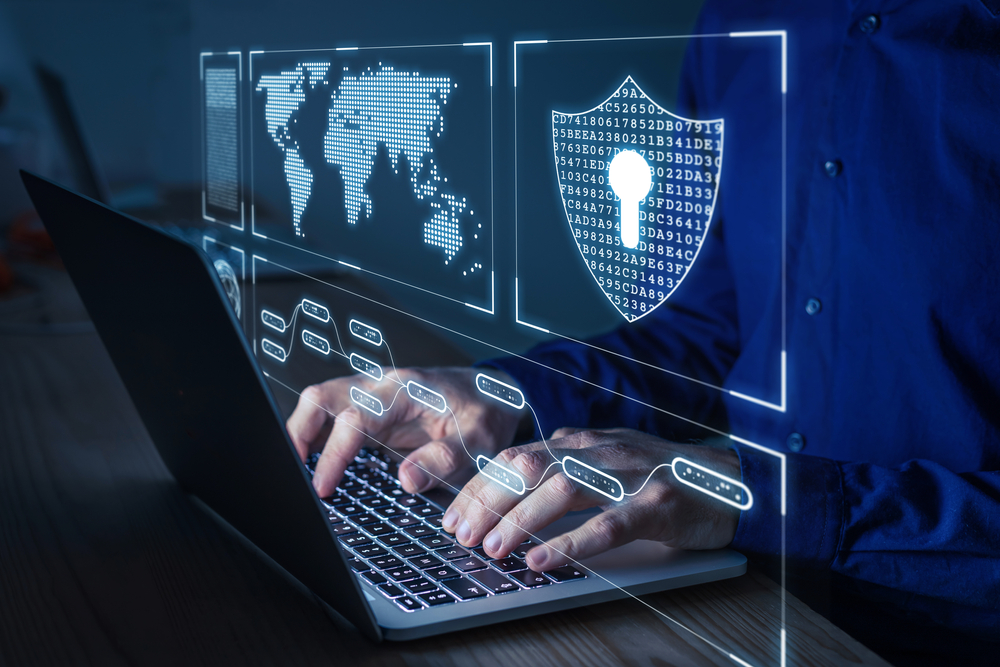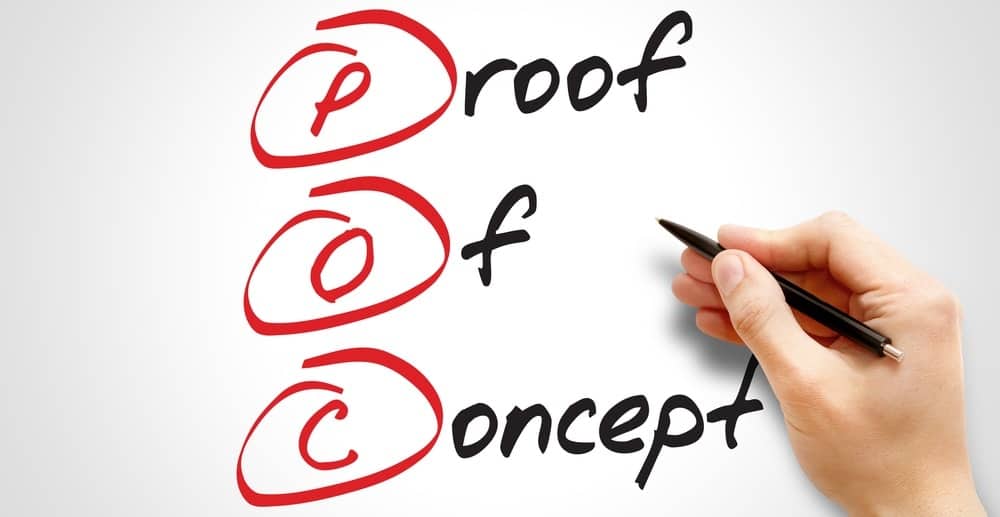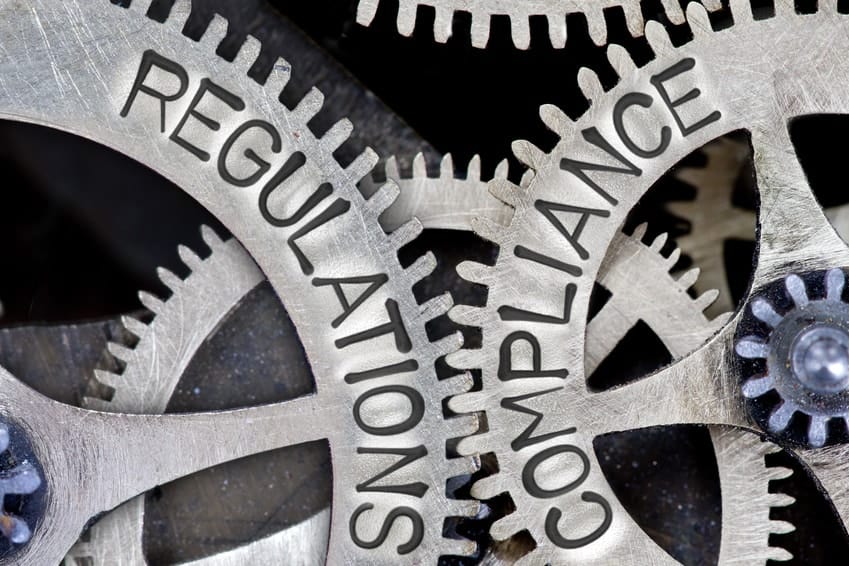Unfortunately, hackers are always looking for new ways to steal information. We often read news stories about their successes.
In this article, we will discuss some of the best ways to protect your customers’ personal data from hackers. We’ll also talk about the security measures you should consider using to keep your data safe.
Compliance with the law
There are legal requirements for Australian companies storing personal data. These are standard practices in Australia now but clearly weren’t before the regulations were introduced.
Data privacy laws in Australia
In Australia, the Privacy Act of 1988 sets out requirements for how businesses must handle personal data. Personal data includes any information which may be used to identify an individual, such as:
- Their Name
- Date of Birth
- Credit Card Numbers
- Driver’s Licence Number
- Personal Email Addresses
The Privacy Act requires businesses to take steps to protect the personal data they hold from misuse and loss. They must also ensure any personal data is accurate and up-to-date. All businesses storing or processing personal data must comply with the Privacy Act.
The GDPR data privacy law
The General Data Protection Regulation (GDPR) is a data privacy law introduced by the European Union, in May 2018, to protect the personal details of European citizens across the world. The GDPR applies to all businesses storing or processing the personal data of European Union citizens.
Businesses found to have violated the GDPR can face heavy fines, including up to 4% of their global annual revenue.
The GDPR requires businesses to take steps to protect the personal data they hold from misuse and loss. They must also ensure any personal data stored is accurate and up-to-date. In addition, businesses must provide individuals with a right to access their personal data and a right to have it erased.
Australian businesses storing the personal data of European Union citizens must comply with the GDPR or may be subject to legal action.
What could go wrong?
A hacker who gains access to your customers’ personal data can do a lot of damage. They can use the information to steal someone’s identity or even get access to their bank account and make fraudulent purchases. Personal data is extremely valuable to hackers, and they work hard to access our details.
Security measures to protect personal data from hackers
There are a number of measures a professional, secure company should take to protect personal data. Some of these include:
Access controls
Access controls limit access to your data and how it may be used. This helps to ensure only authorised personnel can access the data, and it can’t be accessed or used without the consent of the individual.
Authorised user IDs are an important part of protecting your customers’ personal data from hackers. An authorised user ID is a unique identifier assigned to each authorised user. This ensures only the users who are supposed to have access to the data can access it.
Install a firewall
A firewall is a common and powerful way to protect your customers’ personal data from hackers. A firewall is a software or hardware device protecting your computer or network from unauthorised access. It does this by blocking incoming and outgoing traffic deemed to be high risk.
There are a number of different types of firewalls, including:
- Network firewalls – Network firewalls are the most common type of firewall. They are used to protect a network of computers..
- Host-based firewalls – Host-based firewalls protect individual computers from unauthorised access.
- Application firewalls – Application firewalls can protect specific applications, such as email or web browsers, from malicious intent.
Use anti-virus software
Anti-virus software is a software program intended to detect and remove viruses from your computer or network. It helps to protect your computer or network from malware and other types of attacks.
There are a number of different anti-virus programs available, and it’s important to choose the best for your needs. Some things to consider when choosing an anti-virus program include:
- – The types of devices you use (e.g. PC, Mac, smartphone, tablet)
- – The type of operating system you use (e.g. Windows, macOS, iOS, Android)
- – The type of internet connection you have (e.g. DSL, cable, fibre)
- – Your budget
Once you’ve installed an anti-virus program, make sure to keep it up to date. Anti-virus software is constantly evolving to keep up with the latest threats. By always installing the latest patch releases, you can help to protect your computer or network from the latest threats.
Using a secure Wi-Fi connection
You should ensure your organisation uses a secure Wi-Fi connection. A secure Wi-Fi connection is protected by a password or encryption. This helps to protect your data from hackers who might be eavesdropping on the network.
There are a number of ways to protect your Wi-Fi connection, including:
- – Use a strong password
- – Use Wi-Fi Protected Access (WPA) or Wireless Encryption Protocol (WEP)
- – Use a Virtual Private Network (VPN)
Keep your computer software up to date
Software owners and developers are aware of the latest threats to security and release regular patches and upgrades to software tools and applications. By keeping your software up to date, you can protect your computer or network from the latest threats.
There are a number of different types of software you should keep up to date, including:
- – Operating systems (e.g. Windows, macOS, Linux)
- – Web browsers (e.g. Chrome, Firefox, Safari)
- – Anti-virus software
- – Firewall software
Check for updates to your software regularly. Most software programs have an option to check for updates automatically. By enabling this option, you can help to ensure your software is always up to date and as secure as it can be.
Secure data storage
There are a number of ways to store your data securely, including:
Using a password to protect your files
One way to protect your data is to use a password to protect your files. This helps to prevent unauthorised access to your data. There are several different ways to protect your files with a password, including:
- File encryption
- Password-protected files and folders – File encryption is a method of protecting your data by making it unreadable to anyone who does not have the encryption key. Password-protected files and folders help to prevent unauthorised access to your data by requiring a password to be entered before the file or folder can be opened.
- Security questions – You should also consider using a security question to protect your data. A security question is a question only you know the answer to. This helps to prevent unauthorised access to your data by requiring the answer to the security question before the file or folder can be opened.
Employee training
Training and employee guidance can be powerful tools in our battle against hackers. It’s easy to slip into bad habits. Regular reminders of some of the following measures can help:
Strong passwords
A strong password is difficult to guess and is not easily cracked. Here are a few tips for creating strong passwords:
- – Use a mix of letters, numbers, and symbols
- – Don’t use common words or easily guessed phrases
- – Use different passwords for different accounts
Change your passwords regularly
A different password every few months makes it more difficult for a hacker to gain access to your accounts.
If you have a lot of different passwords, it can be difficult to remember them all. It’s good practice to use a password manager. A password manager is a software program with all of your passwords in one place. All you need to remember is the master password for the password manager, and the software will take care of the rest.
Don’t open suspicious emails or attachments
One of the easiest ways for hackers to gain access to your customers’ personal data is by sending out a phishing email. A phishing email is an email sent with the intention of stealing personal information. It often looks like it’s from a legitimate company, such as a bank or credit card company.
To protect your company from phishing emails, here are some reminders for your employees:
- Don’t open email attachments from people you don’t know
- Don’t click on links in emails from people you don’t know
- Be suspicious of any email asking for personal information
Work with IT security experts
Outsourcing your IT security to a reliable, experienced company is one of the best security measures for your company.
At Starboard IT, we have the experience and we have the experts you need. We will install anti-virus software and data encryption, we will constantly monitor your network for threats and we will train your employees in the best security practices.
Contact Starboard IT today to learn more about our IT security services and how we can help you ensure the safety of your customers’ personal data.

